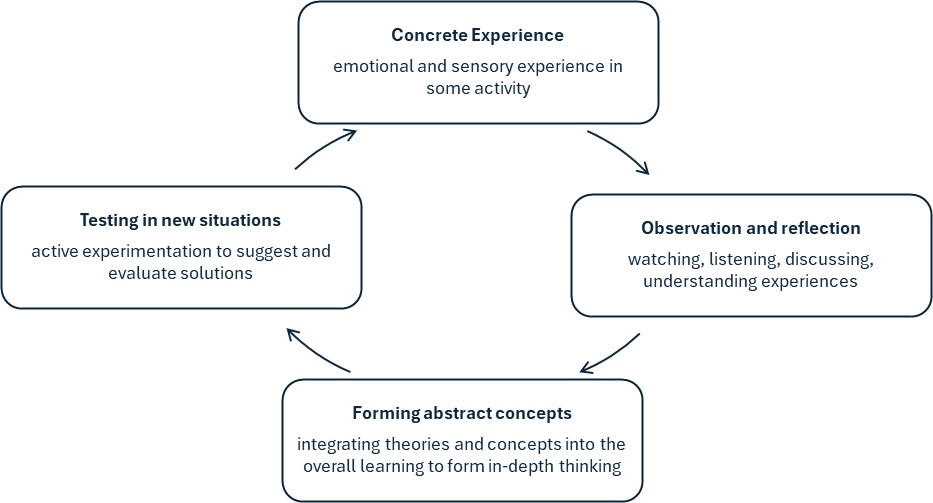Experiential Learning in Transportation Engineering
Transportation engineering sits in a unique position in the Civil Engineering discipline, given that for an infrastructure to be efficient and attractive, it needs to meet people’s needs. There are numerous examples of research on different aspects of transportation, all focused on ensuring user needs are met by design of the transport infrastructure. The complex situations in which an engineer is required to make decisions cannot be properly replicated in classroom activities. At the same time, graduate engineers are expected by employers to quickly learn new skills to ensure financial benefit for the company.
One of the basic tasks undertaken by transportation engineers, in particular those in their early career, is to conduct site visits. The purpose of site visits is to collect data and critically examine the environmental to identify: (a) the problem, (b) constraints, and (c) possible solutions.
A poorly undertaken site visit can cause a number of issues, such as problems unidentified, incorrect data collected and equally worse, a poor recommendation by the engineer. Needless to say, career progressions can be greatly hindered if a transportation engineer cannot expertly identify the problems and constraints on site.
An activity was developed to integrate experiential learning into the curriculum of a transport course through a site visit. Students were required to apply design principles taught in the classroom to a real-world example. The activity was developed to inject some enthusiasm for the subject, and to provide an exercise to apply the concepts learnt. The selected site involved walking routes to two bus stops located at the university campus. This site was selected to make it easier for the students to practice in a familiar setting. The activity allowed students to apply the newly taught concepts learned in class by observing and interacting with their surroundings.

Findings from this project were published at the 35th Australasian Association for Engineering Education (AAEE 2024).
